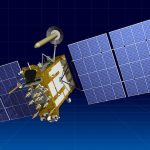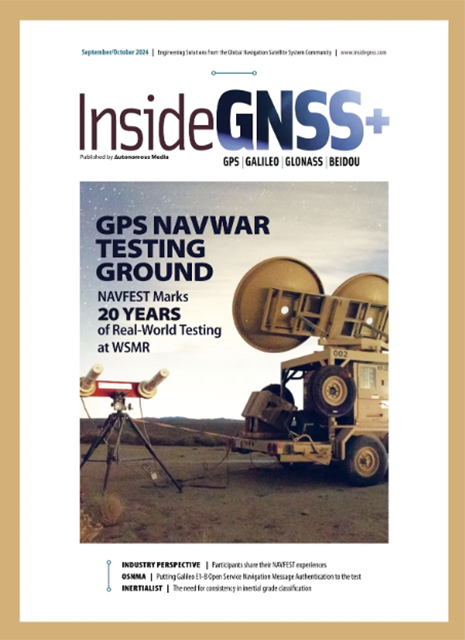The target was Abu Musab al-Zarqawi, a terrorist butcher whose hands were steeped in blood, not only of the foreign “infidels” he battled but also of the coreligionists he despised.
The weapon was a Boeing GBU-38 Joint Direct Attack Munition (JDAM) — GPS guidance courtesy of Rockwell Collins, inertial measurement unit from Honeywell.
The outcome: sudden death in a not-so-safe house on the outskirts of Hibhib, Iraq, for al-Zarqawi and several associates.
The target was Abu Musab al-Zarqawi, a terrorist butcher whose hands were steeped in blood, not only of the foreign “infidels” he battled but also of the coreligionists he despised.
The weapon was a Boeing GBU-38 Joint Direct Attack Munition (JDAM) — GPS guidance courtesy of Rockwell Collins, inertial measurement unit from Honeywell.
The outcome: sudden death in a not-so-safe house on the outskirts of Hibhib, Iraq, for al-Zarqawi and several associates.
When the 500-pound GBU-38 followed a laser-guided GBU-12 into that compound on June 7, it demonstrated the very essence of such phrases as “surgical strikes” and “precision warfare.”
It also evoked an observation I’ve heard twice recently from Col. Rick Reaser, deputy system program director of the Navstar GPS Joint Program Office (JPO): “GPS is making warfare a lot more humane than formerly.”
The first time I heard Reaser’s comment was at the Joint Navigation Conference in April, an annual gathering of GPS program managers, users, and vendors from the U.S. Department of Defense (DoD) and allied military forces. Given the audience, Reaser’s observation startled me — even though it aptly supported his point about reducing collateral damage, such as the innocent noncombatants who are dying by the thousands and tens of thousands in the spreading Middle East conflicts.
Both times, Reaser also quoted a less surprising but still relevant sentiment from Carl Von Clauswitz that’s worth repeating. In his treatise “On War,” Von Clauswitz wrote: “The end for which a soldier is recruited, clothed, armed, and trained, the whole object of his sleeping, eating, drinking, and marching is simply that he should fight at the right place and the right time.”
The attack on al-Zarqawi was at the right place and the right time. But precision warfare doesn’t always work out so neatly.
On May 8, 1999, in an apparent failure of intelligence-gathering for which the CIA later apologized, the United States dropped five precision munitions on the Chinese embassy in Belgrade, Yugoslavia, killing three Chinese journalists and injuring 20 staff members.
As with al-Zarqawi, so-called smart bombs were also involved in the “right building, wrong target” incident in Belgrade. Which reminds me of an ironic comment I once heard about the limitations of intelligent transportation systems: “What are you going to do when you have ‘smart cars’ with dumb drivers?”
Once again it’s useful to recall the difference between precision and accuracy. Precision refers to the fineness of the metrics with which you’re measuring; accuracy is about truth.
As holocaust spreads in the spiritual home of three religions from which a majority of humanity draws its sense of the divine, I have to wonder whether we’ve confused precision with accuracy. And who will bear the greatest responsibility for the bloodshed once it ends — if it ends? What part will we bear?
The best technology in the world will not save us from ourselves, from the blunders born of pride, ignorance, secularism, and folly.
In the 1970s, musician Nick Lowe wrote a song called, “(What’s So Funny ‘Bout) Peace, Love, and Understanding?”
What, indeed?





